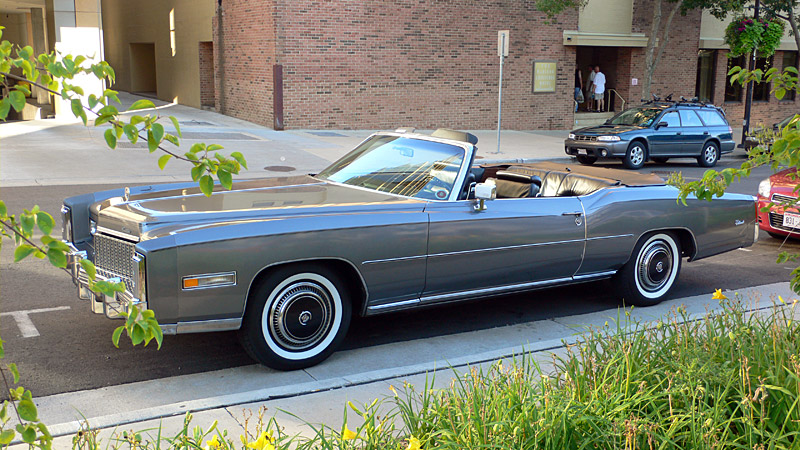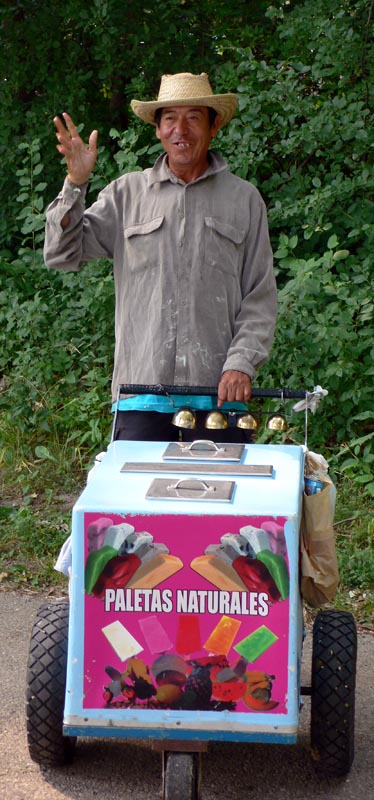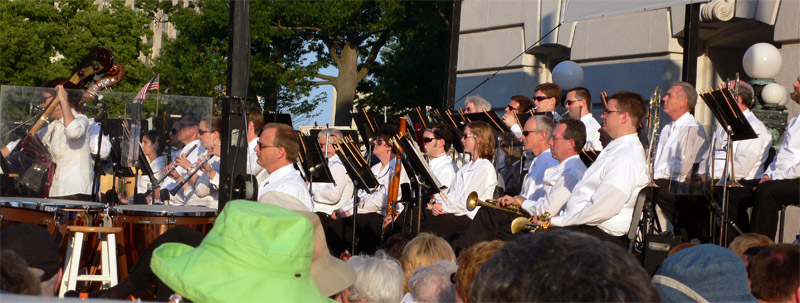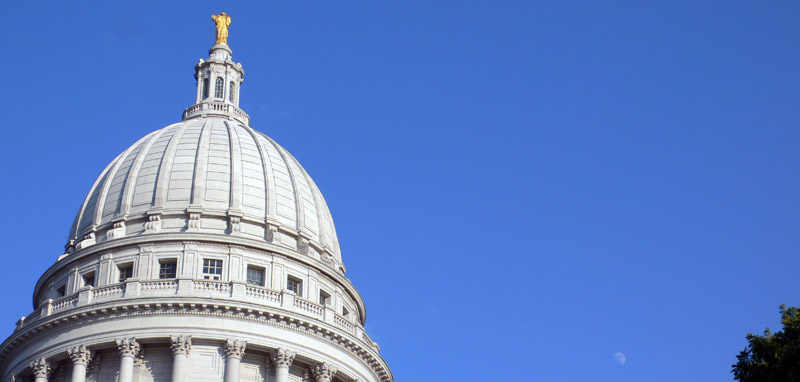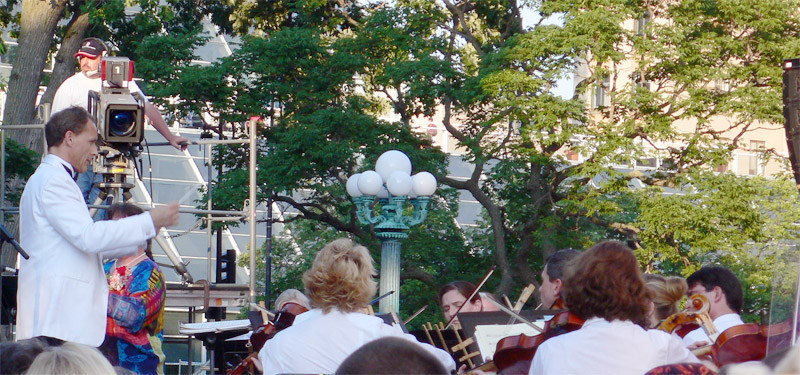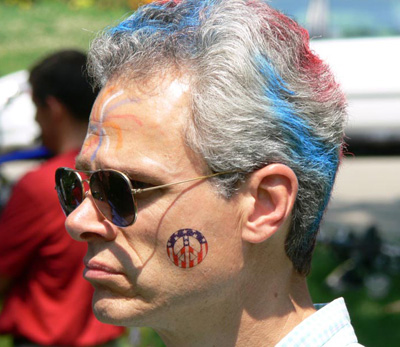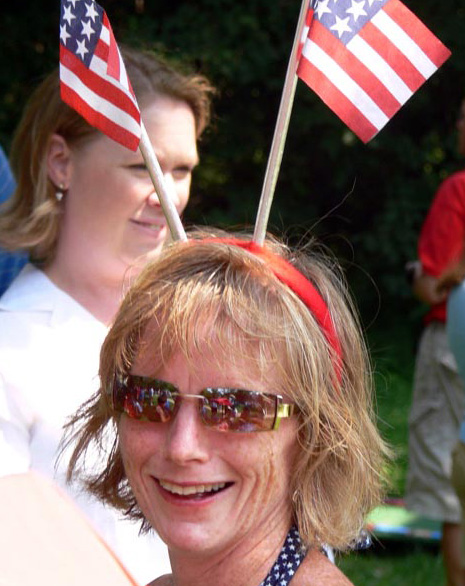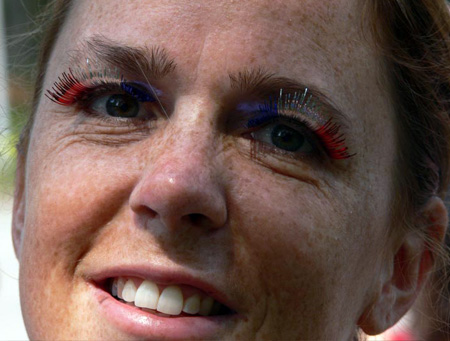Antonio Regalado & David Hamilton:
The broadly worded patents, which cover nearly any use of human embryonic stem cells, are held by the Wisconsin Alumni Research Foundation, a nonprofit group that handles the school’s intellectual-property estate, managing a $1.5 billion endowment amassed during 80 years of marketing inventions.
John Simpson, an official at the foundation bringing the challenge, says WARF’s efforts to enforce its patents are “damaging, impeding the free flow of ideas and creating a problem.” Mr. Simpson’s group got involved in the dispute earlier this year after Wisconsin officials said they would demand a share of state revenue from California’s voter-approved stem-cell initiative.
WARF doesn’t charge academics to study stem cells, but it does ask commercial users to pay fees ranging from $75,000 to more than $250,000, plus annual payments and royalties. So far, 12 companies have licensed rights from WARF to use the cells, and more than 300 academic laboratories have agreements to use the technology without charge. WARF spokesman Andy Cohn declined to say how much the organization has earned from the patents so far but says it is less than what it has spent funding stem-cell research and paying legal costs.
